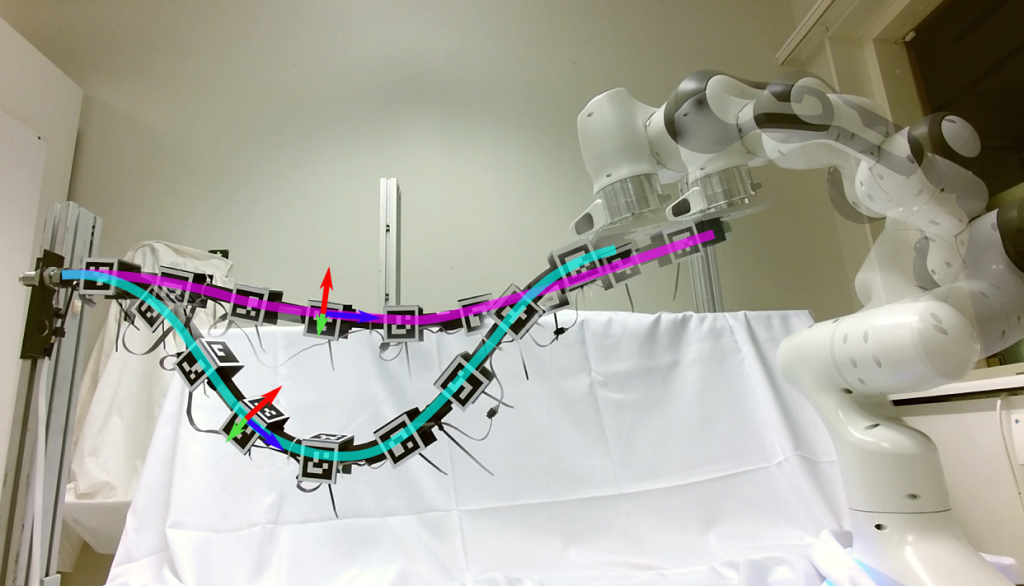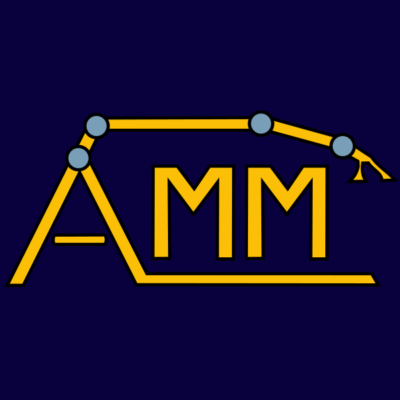Learning differentiable dynamics models for shape control of deformable linear objects

Abstract
Robots manipulating deformable linear objects (DLOs)—such as surgical sutures in medical robotics, or cables and hoses in industrial assembly—can benefit substantially from accurate and fast differentiable predictive models. However, the off-the-shelf analytic physics models fall short of differentiability. Recently, neural network based data-driven models have shown promising results in learning DLO dynamics. These models have additional advantages compared to analytic physics models, as they are differentiable and can be used in gradient-based trajectory planning. Still, the data-driven approaches demand a large amount of training data, which can be challenging for real-world applications. In this paper, we propose a framework for learning a differentiable data-driven model for DLO dynamics with a minimal set of real-world data. To learn DLO twisting and bending dynamics in a 3D environment, we first introduce a new suitable DLO representation. Next, we use a recurrent network module to propagate effects between different segments along a DLO, thereby addressing a critical limitation of current state-of-the-art methods. Then, we train a data-driven model on synthetic data generated in simulation, instead of foregoing time-consuming and laborious data collection process for real-world applications. To achieve a good correspondence between real and simulated models, we choose a set of simulation model parameters through parameter identification with only a few trajectories of a real DLO required. We evaluate several optimization methods for parameter identification and demonstrate that the differential evolution algorithm is efficient and effective for parameter identification. In DLO shape control tasks with a model-based controller, the data-driven model trained on synthetic data generated by the resulting models performs on par with the ones trained with a comparable amount of real-world data which, however, would be intractable to collect.
